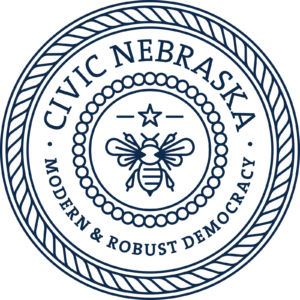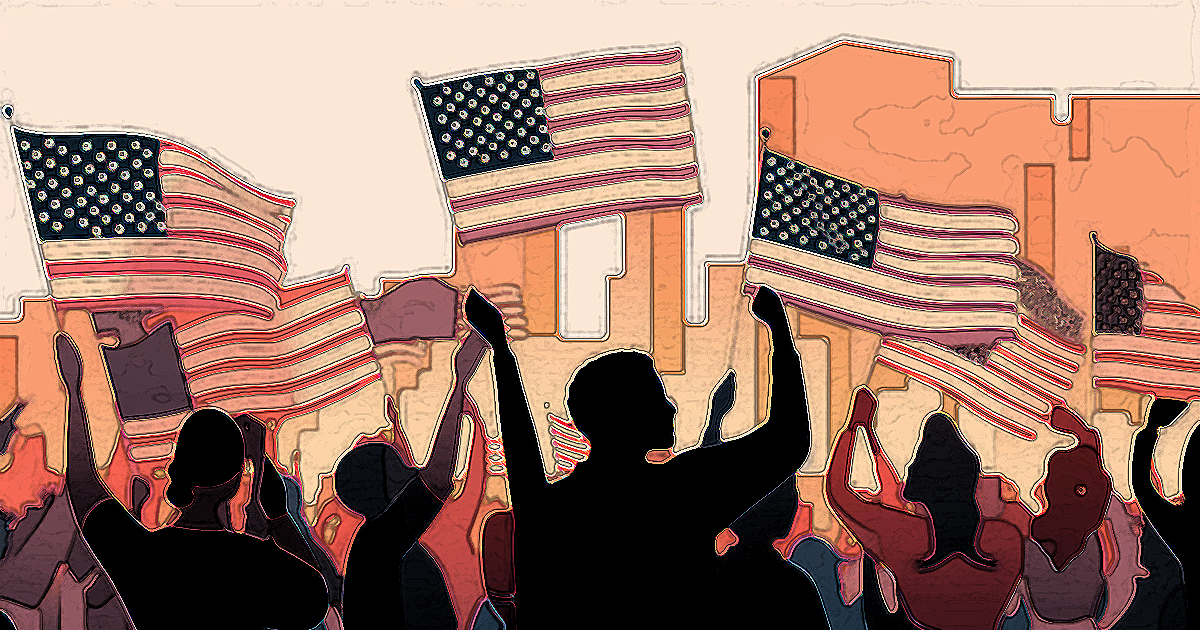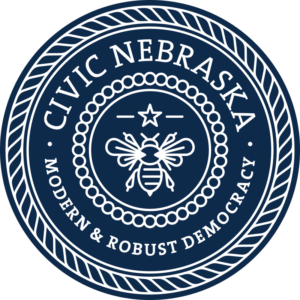“We must learn to live together as brothers or perish together as fools.”
Martin Luther King Jr. uttered those famous words more than 60 years ago, and they remain a powerful call for unity, compassion, and cooperation among Americans from all walks of life. Today, amid our nation’s political, social, and cultural turmoil, they remind us that we can – and must – come together in times of strife.
King and other civil rights leaders of his time faced powerful, entrenched forces that fought to preserve the status quo. But they knew that mass mobilization to a shared cause ran deep in our American DNA – and so they built alliances across race, faith, background, and station that ultimately brought us closer to a more perfect union. Do we Americans have it in us to come together in 2024, in what has already been a wild, often-infuriating election year? We believe, of course, that this is possible – we wouldn’t do what we do if we didn’t believe in our fellow citizens to join forces on behalf of the common good.
Unity is not just a lofty ideal. It’s a practical necessity. In a diverse nation of 340 million, we inevitably have differences based on race, religion, culture, and political beliefs. The question is: Will we now let these differences be a source of conflict or a source of strength? If we honestly acknowledge our differences, we can still harness our collective talents and perspectives to solve common problems and create a better future – for everyone, not just the Americans on “our side.” Here are a few ways to realize unity in America in the 21st century.
Honesty, curiosity, and empathy
Unity begins with being honest with ourselves, especially in how we perceive – and judge – other Americans and their lives. If we open our hearts and minds in a good-faith effort to understand and appreciate the experiences and perspectives of others, anything is possible.
This isn’t something that can happen on social media. It happens face-to-face and requires us to listen and suspend our need to win every argument. By building bridges instead of walls, we can foster meaningful connections and break down barriers of misunderstanding and prejudice.
Action items: Attend functions in your neighborhood and talk with others. Attend events such as the Nebraska Storytellers Festival to appreciate the different lived experiences in our community. Go to public lectures, talks, or forums on various community issues. Start or join a book club.
Better arguments are out there
To truly understand one another, Americans must break free from their respective bubbles and be willing to engage in open and respectful dialogue. This also requires vulnerability, which can be uncomfortable and difficult and lead to unpredictable encounters and exchanges. At Civic Nebraska, we work to provide safe spaces where all Nebraskans feel comfortable expressing their thoughts and feelings without fear of angry rebuttal.
Action items: Attend community forums, town hall meetings, or online platforms that facilitate these important conversations. Review our civil discourse resources and implement their lessons to have better, quintessentially American arguments.
A more equal union
We can’t say we want unity while passively or actively allowing social and economic inequalities to widen among us. Addressing these disparities requires comprehensive policies that promote equal opportunities for all – access to quality education, healthcare, and fair wages, just to name a few examples. Simply put, unity is not possible unless marginalized communities are empowered through resources, opportunities, and amplifying their voices in decision-making.
Action items: Learn about the issues, root causes, and impact of inequality on different communities. Donate your time and skills to organizations that support underprivileged communities.
Leadership and accountability
Leaders at all levels play a crucial role in bringing people together. They must lead by example and demonstrate integrity, empathy, and a commitment to including a wide range of voices, not just those who agree with them politically. As voters, we must choose leaders who can rally people around a common vision and motivate them to work towards shared goals.
Likewise, institutions, whether governmental, corporate, or educational, must be transparent and accountable to build trust and credibility. Institutions must actively work to dismantle systems of oppression and inequality.
Action items: Vote for leaders who will work on behalf of everyone, not just a subset of our society. Support measures and tools – FOIAs, whistleblower protections, ethics policies, open-meetings laws – that ensure transparency and accountability in our institutions.
Unity is not a pie-in-the-sky fantasy about living peacefully together – it’s about creating a country where every American is valued, respected, and given a real chance to succeed. As we enter the final months of a contentious election year, remember that our strongest national power is our ability to come together, support one another, and work toward the common good. Only then can we live fully – not as fools, but as brothers and sisters in a shared American family.



